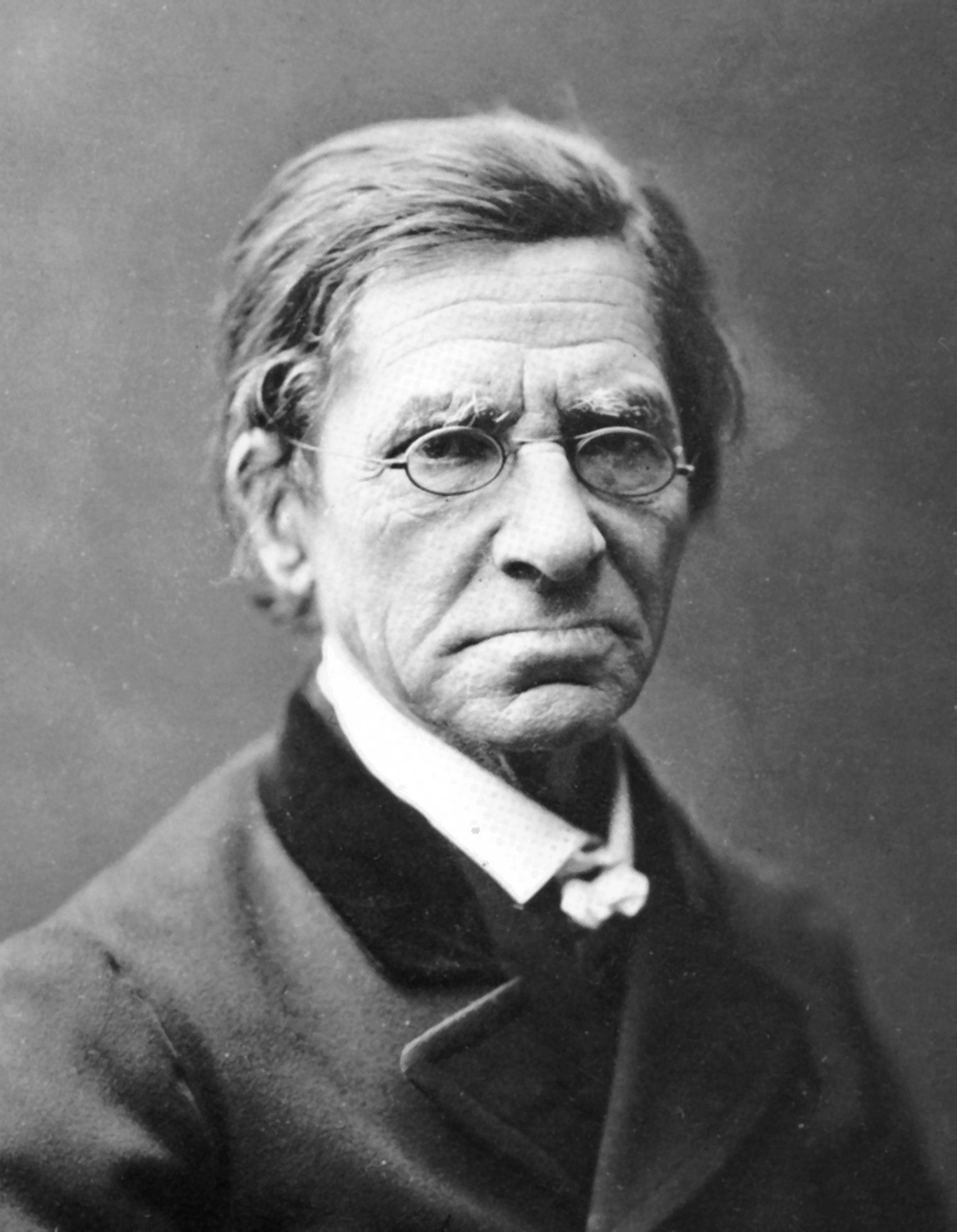
Here's an anecdote from the Nineteenth Century in France involving the lexicographer Emile Littré who created the Dictionnaire de la langue française which became so well-used it subsequently took his name, 'Le Littré'. The story is a fine example of how you should use words precisely and think about what they mean and is one which Professors of linguistics are delighted to recount to first year Undergraduates in France.
So here's the story: Littré spent much of his working life either studying words or having a good time with women, in spite of the fact that he was married. One day, when his wife told him that she was off shopping to prepare for the evening repast, our lexicographer thought that it was going to be a lucky day: he could spend the morning entertaining the maid, while the afternoon could be taken up with study and writing.
So the well-intentioned Mrs. Littré leaves for the market, while Monsieur grapples with the servant in the conjugal bed. Half way down the road, Madame suddenly realises that she has left her purse at home. You can see where this is going...When Madame returns to the apartment and finds her husband in flagrante in the arms of the serving girl, she exclaims: 'Monsieur Littré! I am surprised at your shameful behaviour.'
The indiscreet connoisseur of words replies with cool professionalism: 'No Madame. It is we who are surprised; you, on the other hand, are astonished!'
The French word for 'surprised' not only looks the same as the English word, 'surprise', but means very much the same thing. The word derives from the old French 'surprendre' which itself is related to the Latin 'superprehendre' meaning 'seize', giving the overall sense of 'being taken or seized by the unexpected'.
The French word for 'astonished', 'étonné' derives from the old French 'estoner' which in turn came from the Latin word 'extonare' which means 'struck by thunder'.
So as you see, the inimitable Professor of Linguistics might have been extremely fussy about his distinctions, but he certainly knew how to express the fine line between emotions.
So what's the point?
1. CHECK the meaningof the words you use - especially if you're not sure.
2. CHECK the meaning of the words you think you know very well - you might be surprised!
No comments:
Post a Comment